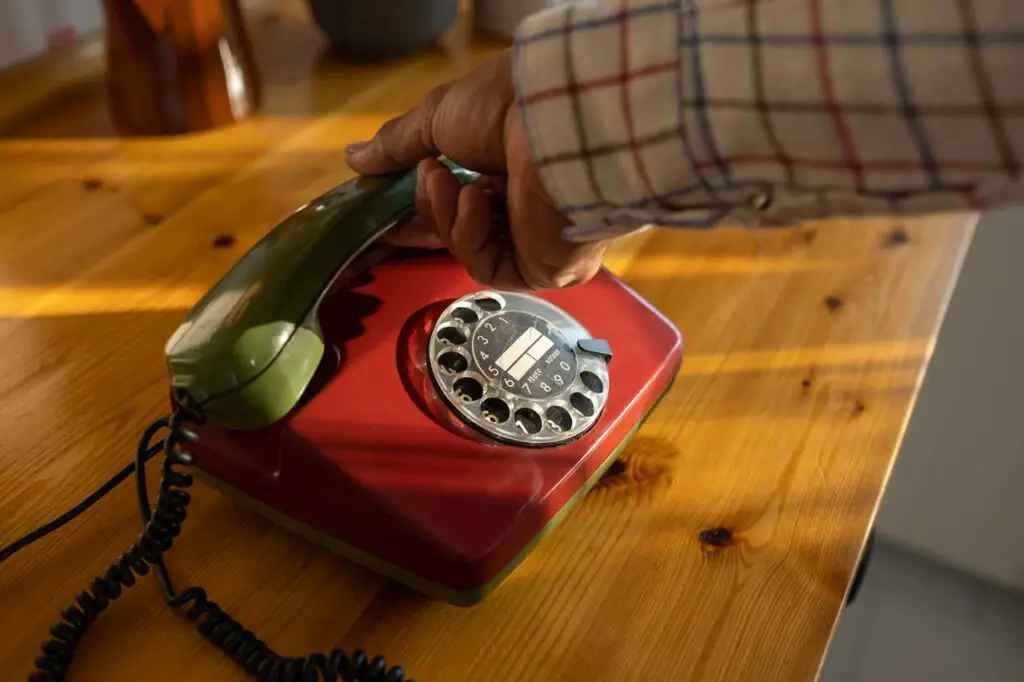7 Boomer Habits That Younger Generations Struggle to Understand

Baby Boomers grew up in a world that was very different from today. From rotary phones to handwritten letters, their experiences shaped habits that may seem unusual or even quirky to younger generations. Millennials and Gen Z often scratch their heads when trying to understand some Boomer behaviors, but these habits make perfect sense when you consider the era in which they were formed. This list explores seven common Boomer habits that younger generations often struggle to comprehend, with a lighthearted yet insightful look at why Boomers do what they do.
1. Saving Everything Just in Case

If you grew up in the 1950s through the 1970s, you understand the value of being prepared. Baby Boomers often save things that younger generations would throw away without a second thought. Empty jars, old newspapers, rubber bands, and even worn-out clothing might find a new life in a Boomer household. This habit comes from growing up during times of economic uncertainty and material scarcity. While Millennials and Gen Z tend to favor minimalism and convenience, Boomers see value in repurposing items and avoiding waste. They believe that keeping something “just in case” could save time, money, or a future headache. It is not hoarding; it is strategic preparedness, even if it sometimes leads to cluttered closets and garages.
2. Using Landlines and Answering Machines

Long before smartphones, landlines were the primary way people stayed in touch. Baby Boomers often maintain a landline at home and rely on answering machines to catch messages, even though mobile phones now dominate communication. Younger generations are puzzled by this habit because they are accustomed to instant communication through texting, video calls, and social media. To Boomers, checking an answering machine is simply practical and reliable, especially if they are avoiding spam calls or want a clear record of important messages. While it may seem outdated to younger people, for Boomers it represents security, control, and a sense of continuity in an ever-changing digital world.
3. Replying to Emails with Thanks

For Baby Boomers, a simple “Thanks” or “Received, thanks” at the end of an email is a sign of politeness and acknowledgment. It confirms that a message was read and understood, keeping communication clear and professional. Younger workers, however, often see this as redundant or unnecessary, particularly in fast-paced environments where brevity is prized. The Boomer approach is rooted in etiquette and reliability. Sending a quick acknowledgment shows respect for the sender and ensures there is no miscommunication. While Millennials and Gen Z might prefer a quick thumbs-up emoji or an unread email, Boomers appreciate the tangible confirmation that their correspondence has been noticed and valued.
4. Using Speakerphone in Public Spaces

Have you ever been at the grocery store or on a bus and heard someone speaking loudly on speakerphone? Chances are it was a Boomer. Many Baby Boomers prefer using the speaker function because it allows them to multitask, keep their hands free, or simply speak more comfortably. Younger generations, however, often see this as inconsiderate, especially in public spaces where quiet is expected. Boomers do not mean to disturb; they are accustomed to talking freely on the phone in homes or offices and may not even realize how disruptive they appear in modern public settings. It is a habit that highlights the generational differences in how we think about privacy, convenience, and etiquette.
5. Prioritizing Face-to-Face Communication

In an age of texting, email, and Zoom meetings, many younger people prefer digital communication because it is fast, efficient, and convenient. Baby Boomers, on the other hand, often insist on face-to-face conversations whenever possible. They believe that personal interactions build stronger relationships, convey tone more clearly, and foster trust in ways that digital communication cannot. Boomers grew up relying on in-person interactions for business, family, and social matters, and this habit remains deeply ingrained. To younger generations, this may seem time-consuming or old-fashioned, but Boomers see it as a meaningful way to connect, understand, and show respect.
6. Holding Onto Physical Media

Even as streaming services and digital downloads dominate today’s media landscape, many Baby Boomers hold onto physical items such as DVDs, CDs, and vinyl records. There is a tactile satisfaction in flipping through a record collection or browsing a shelf of favorite movies. Physical media also provides a sense of nostalgia and permanence that digital formats cannot replicate. Younger generations, accustomed to instant access and unlimited digital libraries, often struggle to see the point. For Boomers, maintaining a physical collection is not just about utility; it is about preserving memories and enjoying the ritual of interacting with items that carry personal and emotional significance.
7. Believing That Hard Work Alone Leads to Success

One of the most defining habits of Baby Boomers is their unwavering belief in hard work as the key to success. Many Boomers grew up being told that dedication, persistence, and responsibility would inevitably lead to achievement. While this philosophy has served them well, younger generations often recognize that factors such as networking, technology, and even luck play a significant role in career advancement. To Millennials and Gen Z, the Boomer emphasis on sheer effort can seem naive or unrealistic in a complex world where opportunities are not always evenly distributed. Yet for Boomers, this mindset is more than a habit—it is a guiding principle, reflecting a lifelong commitment to diligence, accountability, and self-reliance.
Final Thoughts

Baby Boomer habits may seem peculiar or outdated to younger generations, but they are rooted in experiences, values, and realities that shaped a generation. From saving everything just in case to favoring face-to-face conversations, these behaviors reflect a worldview formed in a different time. Understanding these habits helps bridge generational gaps, fosters empathy, and even offers valuable lessons. After all, while technology and culture evolve, the principles behind these habits—preparation, politeness, dedication, and personal connection—remain timeless. Appreciating these differences allows younger generations to see the wisdom in Boomer habits, and perhaps even adopt some of them in their own lives.
By recognizing the logic behind Boomer behaviors, we can not only reduce confusion and frustration but also gain insights into resilience, resourcefulness, and the art of staying connected in a fast-changing world. Baby Boomers may seem old-fashioned to some, but their habits carry lessons that are both practical and enduring.
Leave a Reply